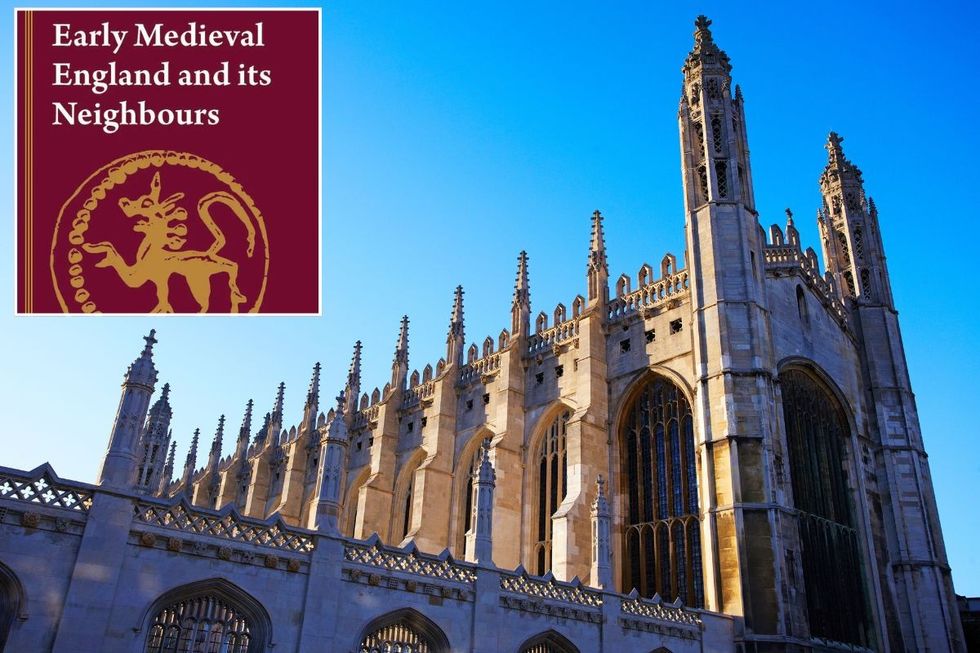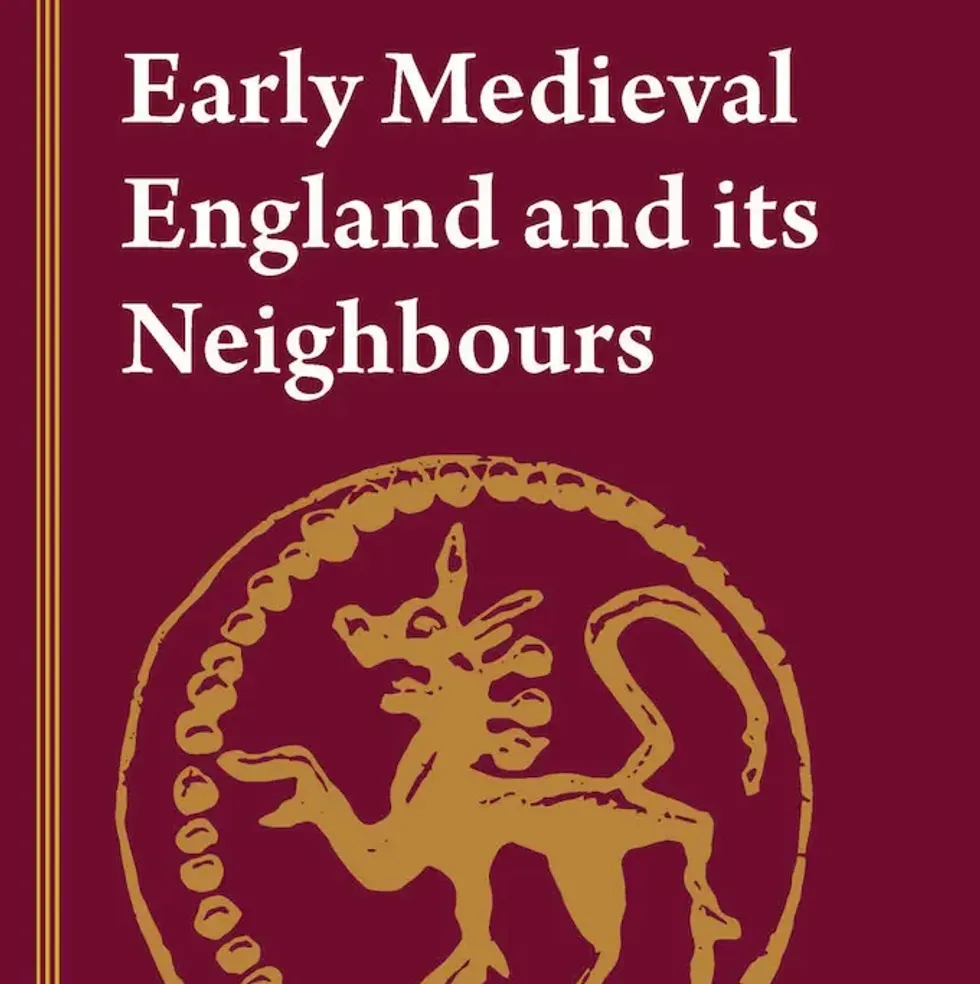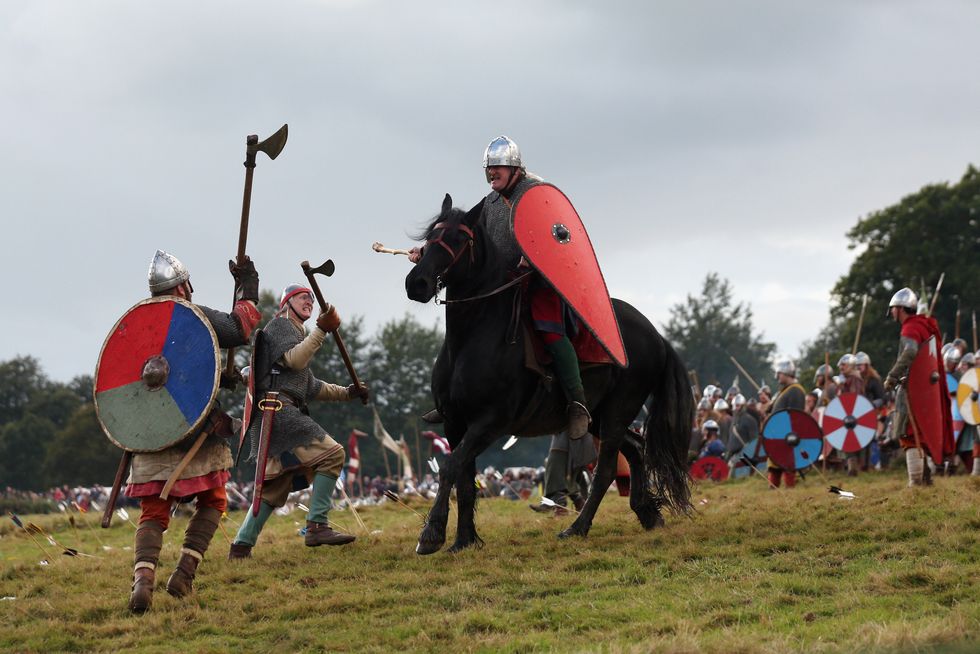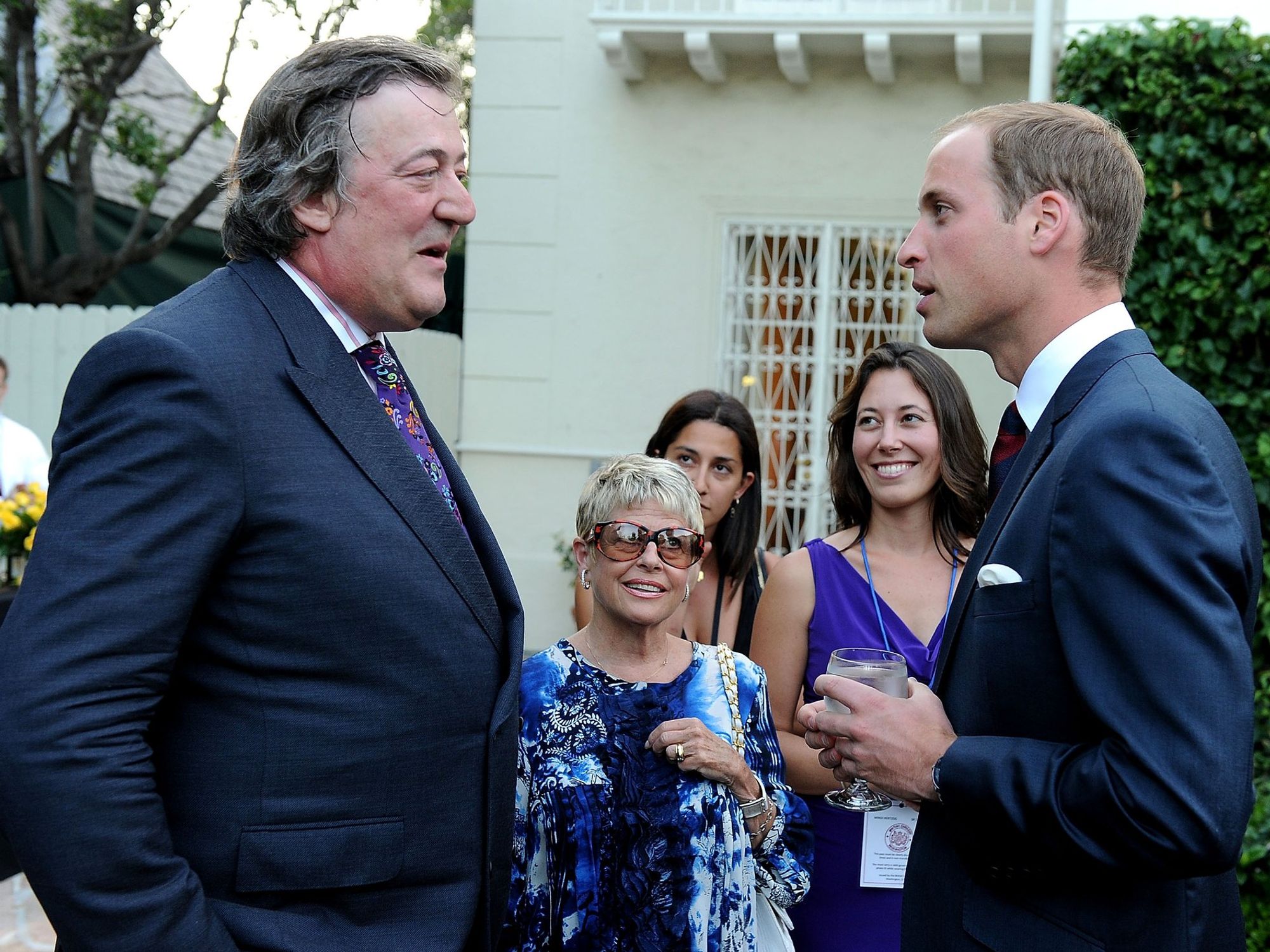Cambridge University slammed after 'pandering to mad Americans' with journal name change

The term Anglo-Saxon typically refers to a cultural group that emerged and flourished between the fall of Roman Britain and the Norman conquest
Don't Miss
Most Read
The University of Cambridge has been slammed for allegedly “pandering to mad Americans” after changing the name of its journal.
Britain’s prestigious university removed the term Anglo-Saxon from a world-leading medieval journal.
The University Press said it was “delighted” to reveal its Anglo-Saxon England journal which was renamed “Early Medieval England and its Neighbours”.
Cambridge University Press released the updated copy during a relaunch announcement on Monday.

Cambridge University slammed after 'pandering to mad Americans' with journal name change
|GETTY/CAMBRIDGE UNIVERSITY PRESS
The journal, which has been running since the 1970s, described the change as representing “international, interdisciplinary and rapidly evolving nature of research in this field”.
However, top historian Dominic Sandbrook said the university was pandering to a “handful of mad Americans” with the change.
He told The Telegraph: “You changed the title because you are total drips and didn’t have the courage to say no to a handful of mad Americans.”
The term Anglo-Saxon has a very different meaning on the other side of the Atlantic, particularly after being appropriated by white-supremacist groups.
LATEST DEVELOPMENTS:
The term Anglo-Saxon has a very different meaning on the other side of the Atlantic, particularly after being appropriated by white-supremacist groups
|CAMBRIDGE UNIVERSITY PRESS
However, the term Anglo-Saxon typically refers to a cultural group that emerged and flourished between the fall of Roman Britain, and the Norman conquest.
It covers a period when Germanic peoples – Angles, Saxons and Jutes – arrived and forged new kingdoms in what would later become a united England.
Wanjiru Njoya, a former lecturer at Oxford and Exeter and now an academic in the US, also addressed the change.
She said: “Now Cambridge has changed the name of their journal from ‘Anglo-Saxon’ to ‘Early Medieval’.”
 Students walk through Cambridge University in Cambridge | GETTY
Students walk through Cambridge University in Cambridge | GETTYBefore the relaunch, the journal’s description read: “In fact [this journal] is the only one which consistently embraces all the main aspects of study of Anglo-Saxon history and culture – linguistic, literary, textual, palaeographic, religious, intellectual, historical, archaeological and artistic.”
A separate debate about the use of the term Anglo-Saxon broke out in 2020.
More than 70 academics subsequently signed a statement arguing the furore was an American important.
The letter added: “The conditions in which the term is encountered, and how it is perceived, are very different in the USA from elsewhere.

Members of historical re-enactment groups assume the role of Saxon and Norman soldiers
|GETTY
“In the UK the period has been carefully presented and discussed in popular and successful documentaries and exhibitions over many years.”
A spokesman for Cambridge University Press said: “This new journal reflects the international, interdisciplinary and rapidly evolving nature of research in this field.
“Early Medieval England and its Neighbours will be a forum for high-quality, original new scholarship on England, its closest geographic and intellectual neighbours, and their wider cultural contacts from the 5th to the 11th century.
“With an international Advisory Editorial Board, open access publication for every author, more frequent publication, and expanded scope, this journal builds on, and goes beyond, the remit of Anglo-Saxon England.”











